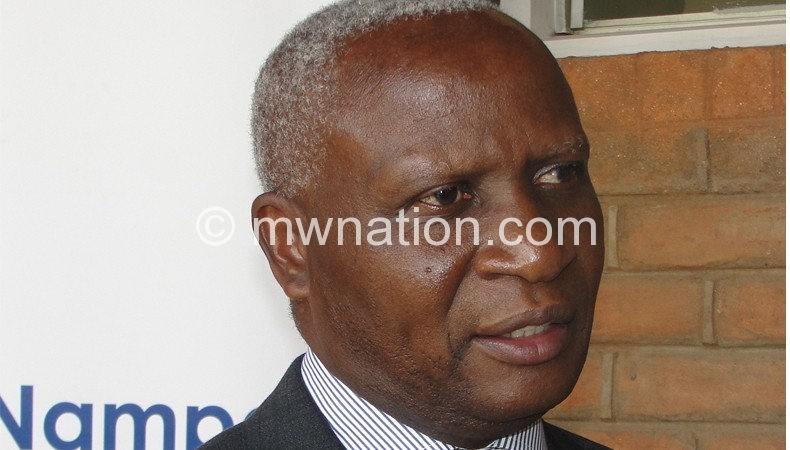Malawi moves to narrow trade gap
The story is simple: If Malawi has a trade deficit, it means Malawians are spending more in other countries than they do in their economy. The deficit implies a loss of demand for Malawi’s goods in preference to imports.
Currently, the country’s trade deficit has been running at roughly K300 billion, on average, over a six-year period, or about nine percent of gross domestic product (GDP).
Malawi’s trade pattern reveals a widening gap in the trade deficit and limited diversification, with figures showing that between 2009 and 2014, exports and imports increased by 159 percent and 245 percent respectively at current prices, according to National Statistical Office (NSO) figures.
In view of this scenario, government has developed a Buy Malawi Strategy (BMS), set to be launched by President Peter Mutharika this month in Lilongwe, to reduce the import bill and close Malawi’s wide trade deficit in the short to medium term.
According to the BMS final report in our possession, the essence is to encourage consumption of locally produced goods and services.
Ministry of Industry and Trade principal secretary Cliff Chiunda said in a write-up the strategy is aimed at reviving the 2009 Buy Malawian Campaign (BMC) that sought to stimulate consumption of locally produced goods and services to discourage appetite for imported products.
“The production of local goods and services translates into job creation and promotes exports,” he said.
But the BMS said there has, however, been no noticeable achievement in BMC, largely because of changes in policies; lack of consistency in implementation of government programmes; limited authority of the implementing group; lack of capacity by the private sector to follow through with the campaign’s promise and lack of goodwill.
Consequently, the BMS—borne out of a wide consultation of a cross section of technocrats in the public and private sector, as well as the civil society and development partners—is expected to enhance competitiveness of local firms to stimulate local production and promote industrialisation, a key priority of Malawi Growth and Development Strategy (MGDS II).
“The resultant investments and competitiveness will provide a platform for export development. This way, import substitution and export promotion will not be antagonistic; rather, the former will occur before exporting,” said the BMC.

matter
Nampak Malawi managing director Simon Itaye, who was one of the people consulted during the formulation of BMC, in an interview on Tuesday, said BMS will help to kick-start production of goods, which will create a surplus for the export market.
“This will in the long run help to reduce trade deficit, which is currently in favour of imports. This will also help to raise the standards of local products in terms of quality to compete with international products found on the local market,” he said.
But asked on the success of strategy in view of the challenges encountered by Buy Malawian Campaign, he said it all depends on implementation, saying one has to look at why the first campaign failed and draw lessons from there.
“Our economy is liberalised and people have a choice on what to buy. But a lot of products are getting certified on ISO and companies are conscious on focusing on quality,” said Itaye.
A local trade analyst argued that import substitution has succeeded in Brazil, Chile, China, Korea and Turkey, saying, for instance, in Korea heavy industries and textiles came out of import substitution.







Which products are you talking about? The concept is good but the products are not there. Start producing and then people will buy local products.
Government should take the lead by setting up parastatals. Don’t wait for the private sector.